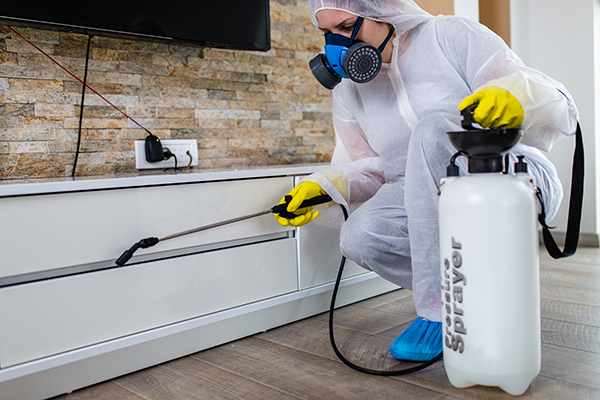Fleas are a common, yet highly frustrating problem for pet owners. These tiny parasites can cause significant discomfort for your pets and lead to health issues such as allergic reactions, skin infections, and even tapeworms. Preventive care from an animal emergency hospital in Kitchener and Waterloo is the best strategy when it comes to managing fleas.
Here’s a comprehensive guide on how to prevent flea infestation on your pets and keep your home flea-free.
Understanding Fleas and Their Lifecycle
To effectively combat fleas, it is essential to understand their lifecycle. In fact, fleas have four stages: egg, larva, pupa, and adult. Adult fleas live on pets, feeding on their blood, while eggs, larvae, and pupae are found in the environment, particularly in carpets, bedding, and outdoor areas. Breaking this cycle is key to preventing infestations.
1. Regular Grooming and Inspection
Regular grooming helps in the early detection and removal of fleas before they become a bigger problem.
Tips for Grooming:
- Brush Frequently: Use a fine-toothed flea comb to check for fleas and flea dirt (black specks that turn red when wet).
- Bathe Regularly: Give your pet regular baths using a mild pet-friendly shampoo. Special flea shampoos are available but consult your vet before use.
- Inspect Habitually: Check common flea hotspots like the neck, tail base, armpits, and groin.
2. Use Preventative Flea Treatments
There are various preventative treatments available that can protect your pets from fleas. You should consult your veterinarian to choose the most appropriate one for your pet.
Types of Preventative Treatments:
- Topical Treatments: Applied directly to the skin, these treatments kill fleas on contact and usually last a month.
- Oral Medications: Given as chewable tablets or pills, these medications kill fleas through the bloodstream and provide monthly protection.
- Flea Collars: These release active ingredients that repel and kill fleas, offering several months of protection.
- Sprays: Flea sprays can be used on pets and their bedding for added protection.
3. Maintain a Clean Environment
A clean environment plays a crucial role in preventing flea infestations. Since fleas thrive in warm, humid environments, keeping your house clean can significantly reduce their numbers.
Cleaning Tips:
- Vacuum Regularly: Vacuum carpets, rugs, upholstery, and pet bedding frequently remove eggs, larvae, and adult fleas. Dispose of vacuum bags immediately.
- Wash Bedding: Wash your pet’s bedding, toys, and any fabric items they frequently use in hot water weekly.
- Yard Maintenance: Keep your yard tidy by mowing the lawn, trimming shrubs, and removing debris where fleas might breed. Consider using outdoor flea control treatments.
4. Treat All Pets in the Household
If you have multiple pets, it’s essential to treat all of them simultaneously to prevent fleas from transferring between animals.
Coordinated Treatment:
- Synchronized Preventatives: Ensure all pets receive their flea treatments at the same time.
- Isolate New Pets: When introducing a new pet, inspect and treat them for fleas before allowing them to interact with other pets.
5. Monitor and Control Indoor Humidity
Fleas prefer humid environments. Controlling indoor humidity can make your home less hospitable to fleas.
Humidity Control:
- Use Dehumidifiers: Running dehumidifiers can lower indoor humidity levels, making it harder for fleas to thrive.
- Ventilate Properly: Ensure good ventilation in your home to keep humidity down.
6. Seek Professional Pest Control Services

In cases of severe infestations, professional pest control services can provide more comprehensive treatment options.
Professional Help:
- Integrated Pest Management (IPM): This approach combines chemical and non-chemical methods to eradicate fleas.
- Follow-Up Treatments: Professionals often recommend follow-up treatments to ensure complete eradication and prevent re-infestation.
Conclusion
By taking some proactive steps, you can protect your pets from the discomfort and health risks associated with fleas, ensuring they remain happy and healthy. Remember, prevention is always easier and more effective than dealing with a full-blown infestation.

